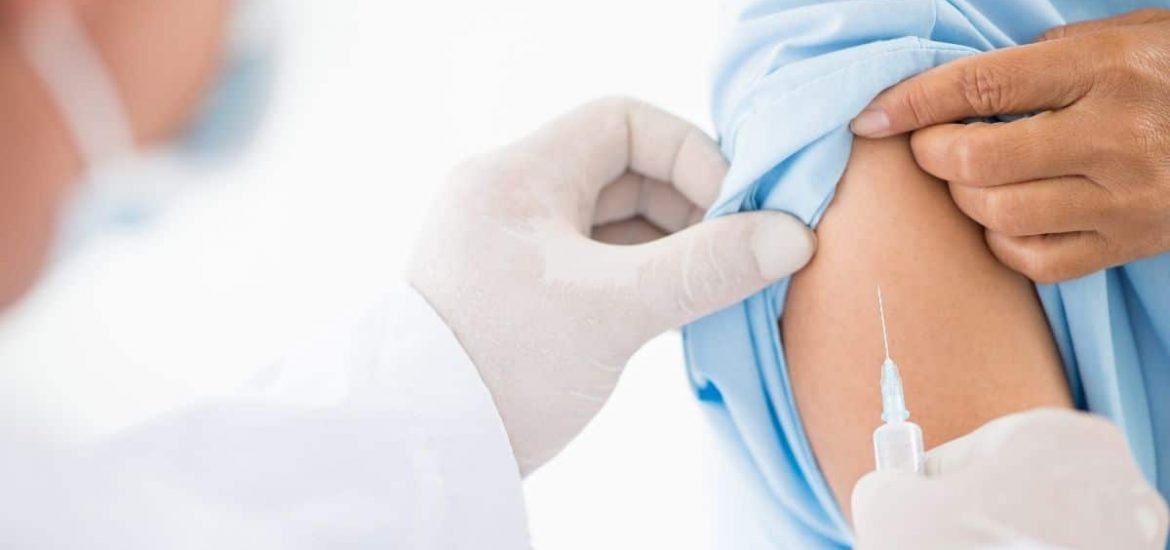
In a ‘historic moment’, the UK has become the first western country to approve a vaccine for use against COVID-19, paving the way for mass immunisation. On Wednesday 2 December, the Medicines and Healthcare Products Regulatory Agency, which licenses drugs in the UK, recommended the use of the Pfizer-BioNTech vaccine following a review of the clinical trial results which showed 95 per cent efficacy.
“The government has today accepted the recommendation from the independent Medicines and Healthcare products Regulatory Agency (MHRA) to approve Pfizer/BioNTech’s COVID-19 vaccine for use”, said a spokesperson from the UK Department of Health and Social Care.
“This follows months of rigorous clinical trials and a thorough analysis of the data by experts at the MHRA who have concluded that the vaccine has met its strict standards of safety, quality and effectiveness”.
The analysis also showed that the vaccine offers significant protection for older people, who are among the most vulnerable to the disease. However, it remains unclear whether the shots prevent the asymptomatic spread of the virus. So far, there have been no serious side effects. Although temporary pain and flu-like reactions were reported immediately after injections.
The first shipment of 800,000 doses could arrive in the UK ‘within days’, British Health Secretary Matt Hancock told the BBC on Wednesday. The UK has ordered 40 million doses, enough for 20 million people, but the majority are unlikely to arrive before the end of the year.
“We now have a vaccine. We’re the first country in the world to have one formally clinically authorized but, between now and then, we’ve got to hold on, we’ve got to hold our resolve”, said Hancock.
One of the main challenges will be keeping the vaccine at minus 70 degrees Celsius, the temperature at which it must be stored and transported. Pfizer says it has developed shipping containers that use dry ice. In a statement, the company said: “Pfizer has vast experience and expertise in cold-chain shipping and has an established infrastructure to supply the vaccine worldwide, including distribution hubs that can store vaccine doses for up to six months”.
Later on Wednesday, the UK government’s Joint Committee on Vaccination and Immunisation (JCVI) confirmed its priority list for the first phase of its COVID-19 vaccine rollout, set to begin early next week. Nursing home residents, people over 80, and healthcare workers and other care workers will be the first to receive the shot.
“The vaccine appears to be safe and well-tolerated, and there were no clinically concerning safety observations”, according to the JCVI. The vaccine will not be given to children under 16 since “following infection, almost all children will have asymptomatic infection or mild disease”. However, it will be administered to “those children at very high risk of exposure and serious outcomes, such as older children with severe neuro-disabilities that require residential care”.
Pregnant women will also be excluded as there is currently no data on the vaccine’s safety for pregnant women. “Women should be advised not to come forward for vaccination if they may be pregnant or are planning a pregnancy within three months of the first dose”, the JCVI stated.